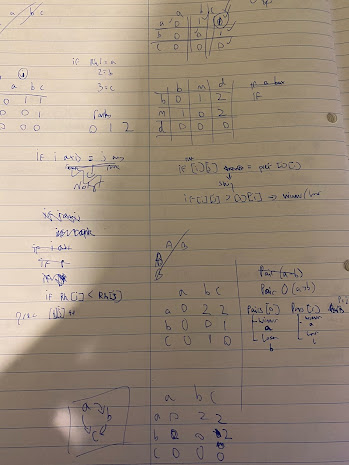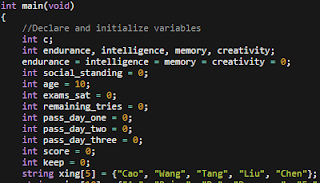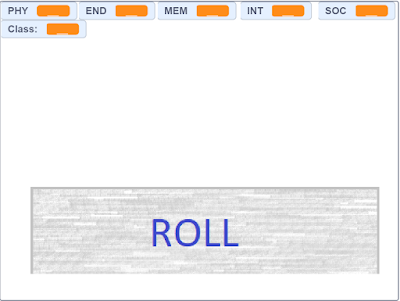Week 5 - Lab (Inheritance) Done
The principal difficulty with programming, so far as I can determine, is holding in one's head a mental model with several layers of abstraction. Inheritance was a fun little project. The CS50 team wrote a program to simulate the inheritance of alleles over three generations. They then ripped the guts out of a few key parts and asked us to repair them. I'm torn over this as a teaching method. On the one hand, it does make it easier to isolate individual concepts. On the other, you're working within someone else's framework which means you need to spend time developing an intuitive understanding of it. Anyway it's done now. On to Spelling.



